No matter how strong the storm
November 27th, 2023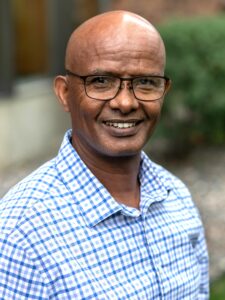 By Pastor Wondimu Sonnesa
By Pastor Wondimu Sonnesa
For our prayer life to be a peaceful journey with God, it is crucial to recognize and maintain the divine-human boundaries. No matter what our position is or which part of the world we are bringing our prayer concern to God, we need to respect God’s freedom of acting as God sees fit. Because prayer is not dictating that God act in a particular way, our confidence in prayer lies not in how perfectly we can coin our words, but in God’s promise to hear and answer our prayer.
That promise is sufficient to build a child-parent relationship expressed in consistent trust. This trust stands firm even in the face of the storm only because of who God is. Of course, there are times when we fail to pray, but the groanings of the Holy Spirit sustain our faith (Romans 8:26). The blessings we have received show not how strong our prayer life is to overcome the challenges, but how faithful our God is.
“The more we learn who Christ is, the better we understand that prayer is not just about us.”
Let me illustrate this with a story I read a long time ago about a father and his ten-year-old daughter travelling by boat. When the storm suddenly confronted them, other people on the boat started shouting and throwing their heavy belongings into the sea. But that little girl didn’t allow her napping to be interrupted. Not trusting his eyes, one of the crew in the boat approached her and asked how come she sleeps peacefully while their boat is nearly swamped by the storm. She asked, “Is my dad still on this boat?” They answered, “Yes.” She responded, “I don’t need to be worried about the storm as long as my father is in the boat, no matter how strong the storm is.” And she continued to nap.
Her choice doesn’t prove that the actions of other passengers to save life was unnecessary. It rather magnifies the power of trust in a father’s love that guarantees protection. Likewise, overcoming the spiritual stagnation more requires feeling and trusting in God’s presence than reliance on what we can do to calm the storm.
The little girl was enjoying peaceful sleep maybe not just because she knew she was accompanied by her dad. Perhaps she may also have a fresh memory of his springing into action to rescue her in dangerous moments. That gives her peace amid the violent windstorm, … no matter how strong the storm!
A PEACEFUL SPIRITUAL JOURNEY is more about focusing on who is with us than the absence of disruption. Sometimes we take for granted Jesus’ companionship and neglect asking important question until we experience calmness in our surrounding. This reminds us of the disciples’ encounter with windstorm while crossing the sea of Galilee accompanied by Jesus. They knew that the situation was hopeless. All they can do was waking him up and asking, “Teacher, do you not care that we are perishing?” (Mark 4:38). It was after Jesus rebuked the wind and restored the calmness on the sea that they could ask the question prompted by their experience of his intervention, saying, “Who then is this, that even the wind and the sea obey him?” (Mark 4:41).
How often does God’s rescuing intervention create eagerness in us to know God more closely.
The more we learn who Christ is, the better we understand that prayer is not just about us. It is also asking God a short question about the experience of others: Who really is God for those who are going through difficult situation in their life? Those who are suffering injustice, persecution, and violation of human rights may need our prayer.
“The blessings we have received show not how strong our prayer life is to overcome the challenges, but how faithful our God is.”
When Martin Luther emphasized the importance of prayer and repentance in the absence of calmness, he suggested that it should be brief and consistent, like, “Oh help us, dear God the Father; have mercy on us, dear Lord Jesus Christ!” (Luther’s Works, vol. 46, 1967:173).
When we do this on behalf others, it simply takes us a few seconds to say, “God help them, have mercy on them.” It is so small to be attached to our prayers of thanksgiving and praise comfortably. It is so easy to be carried as far as Gaza, Israel, Ukraine, Sudan, and Ethiopia. Yet, it is powerful enough to restore peace and calmness in God’s world because of the fellowship we have with the groaning Holy Spirit, no matter how strong the storm.

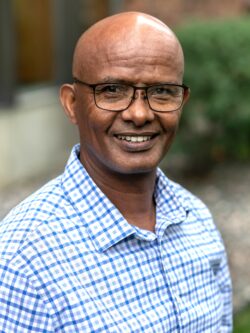
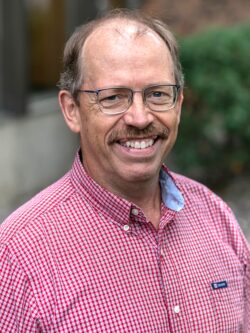
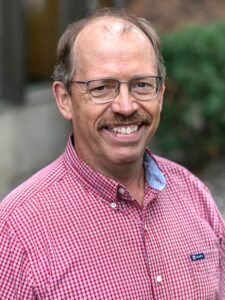 By Pastor John Hulden
By Pastor John Hulden 
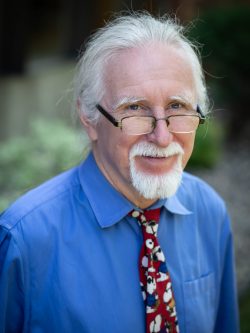
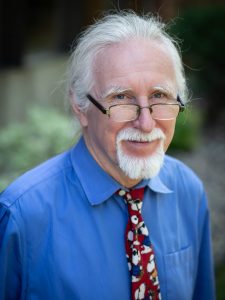 By Bob Hulteen
By Bob Hulteen 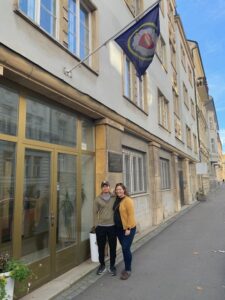
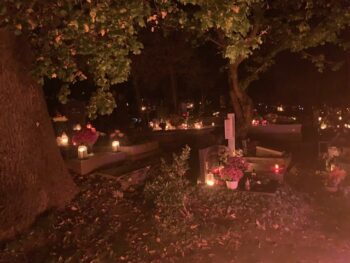
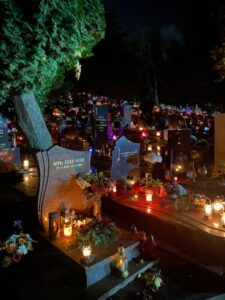
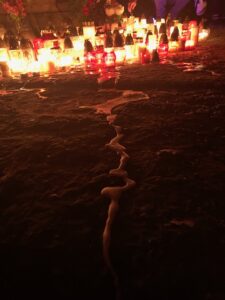
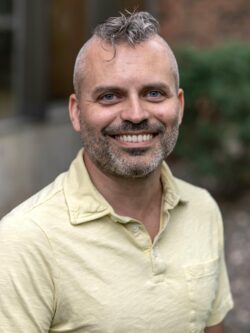
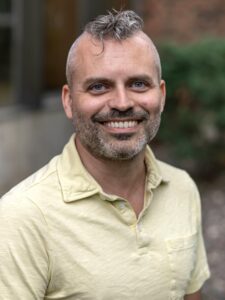 By Johan Baumeister
By Johan Baumeister


 By Mercy Zou Taithul
By Mercy Zou Taithul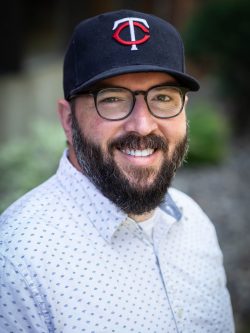
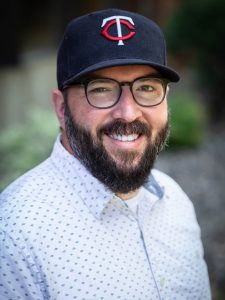 By Nicholas Tangen
By Nicholas Tangen 
 It’s been a while since I had a puppy, and I’ll be honest, it’s been an adjustment. The attention he craves, the training he needs, and all the expenses that come with the puppy package have all been a lot to handle in an already busy day to day. And last week, I came home to find one of my books, the book I was currently reading, tore to shreds on the bedroom floor. And for some reason, that felt like the last straw.
It’s been a while since I had a puppy, and I’ll be honest, it’s been an adjustment. The attention he craves, the training he needs, and all the expenses that come with the puppy package have all been a lot to handle in an already busy day to day. And last week, I came home to find one of my books, the book I was currently reading, tore to shreds on the bedroom floor. And for some reason, that felt like the last straw.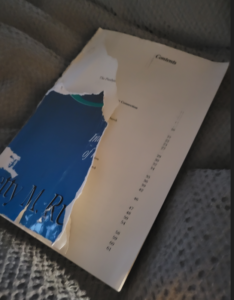
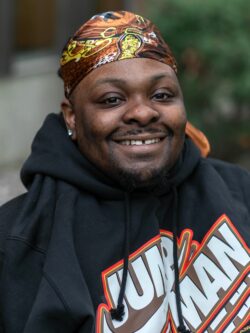
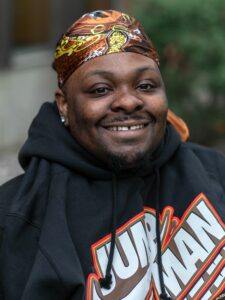 By Manny Lewis
By Manny Lewis 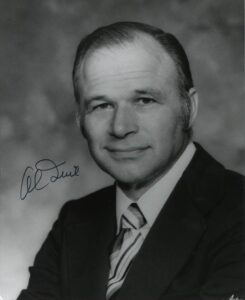
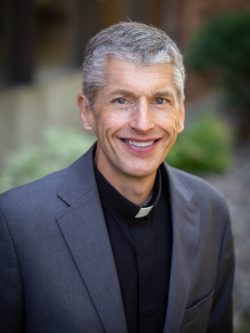
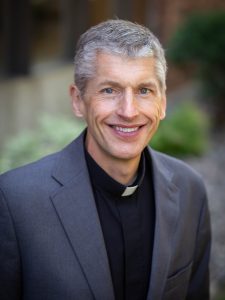 By Pastor Craig Pederson
By Pastor Craig Pederson
 For example, on our maiden voyage, we had been cruising for less than ten minutes when the “low-oil” indicator on the dashboard started flashing and beeping. It turned out that the dealership where I bought the boat had not filled the oil tank (and I didn’t think to check it). Later that summer, a faulty oil sensor shut down the motor and ruined one of our few scheduled weekends at the lake, eventually requiring a costly repair.
For example, on our maiden voyage, we had been cruising for less than ten minutes when the “low-oil” indicator on the dashboard started flashing and beeping. It turned out that the dealership where I bought the boat had not filled the oil tank (and I didn’t think to check it). Later that summer, a faulty oil sensor shut down the motor and ruined one of our few scheduled weekends at the lake, eventually requiring a costly repair.
